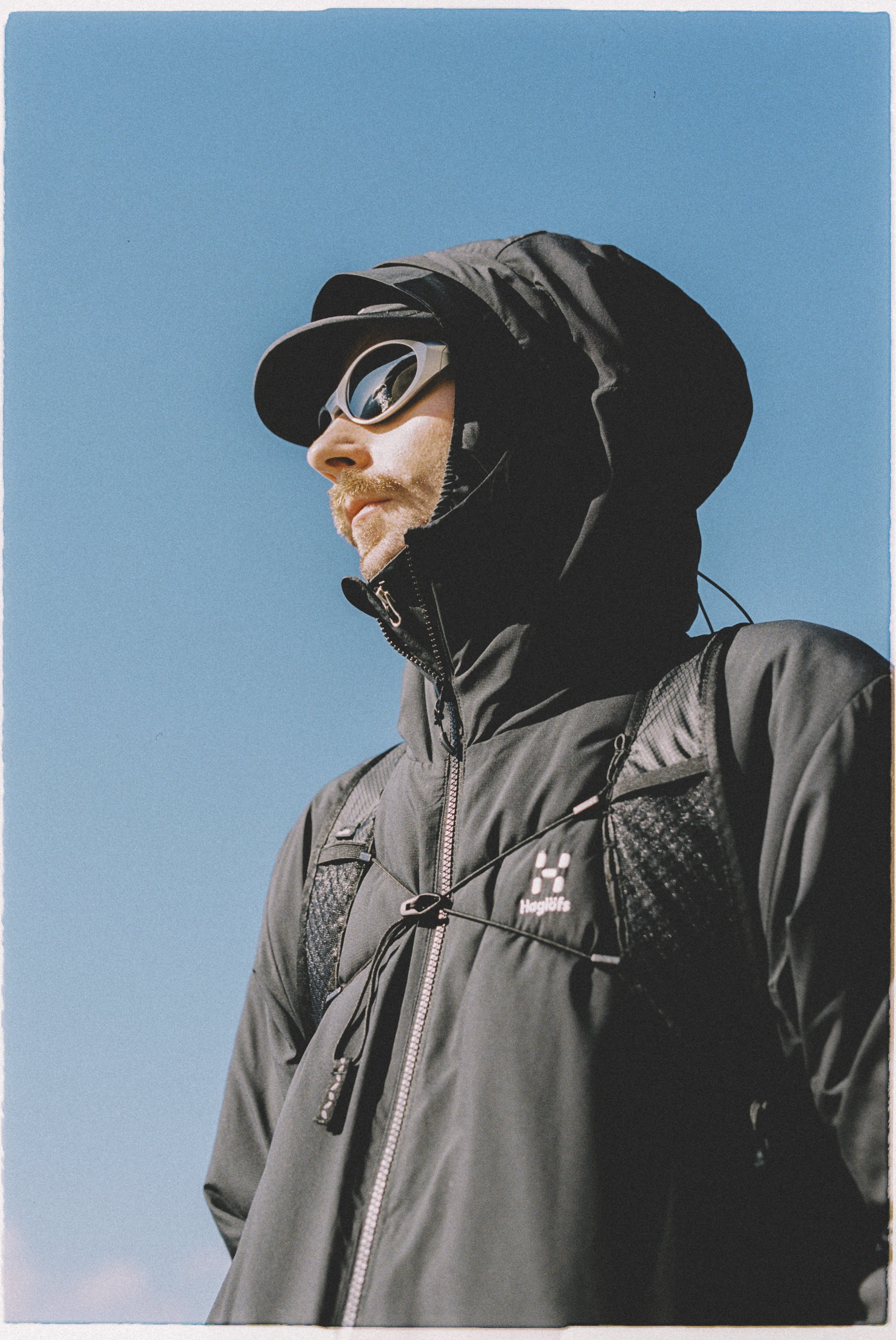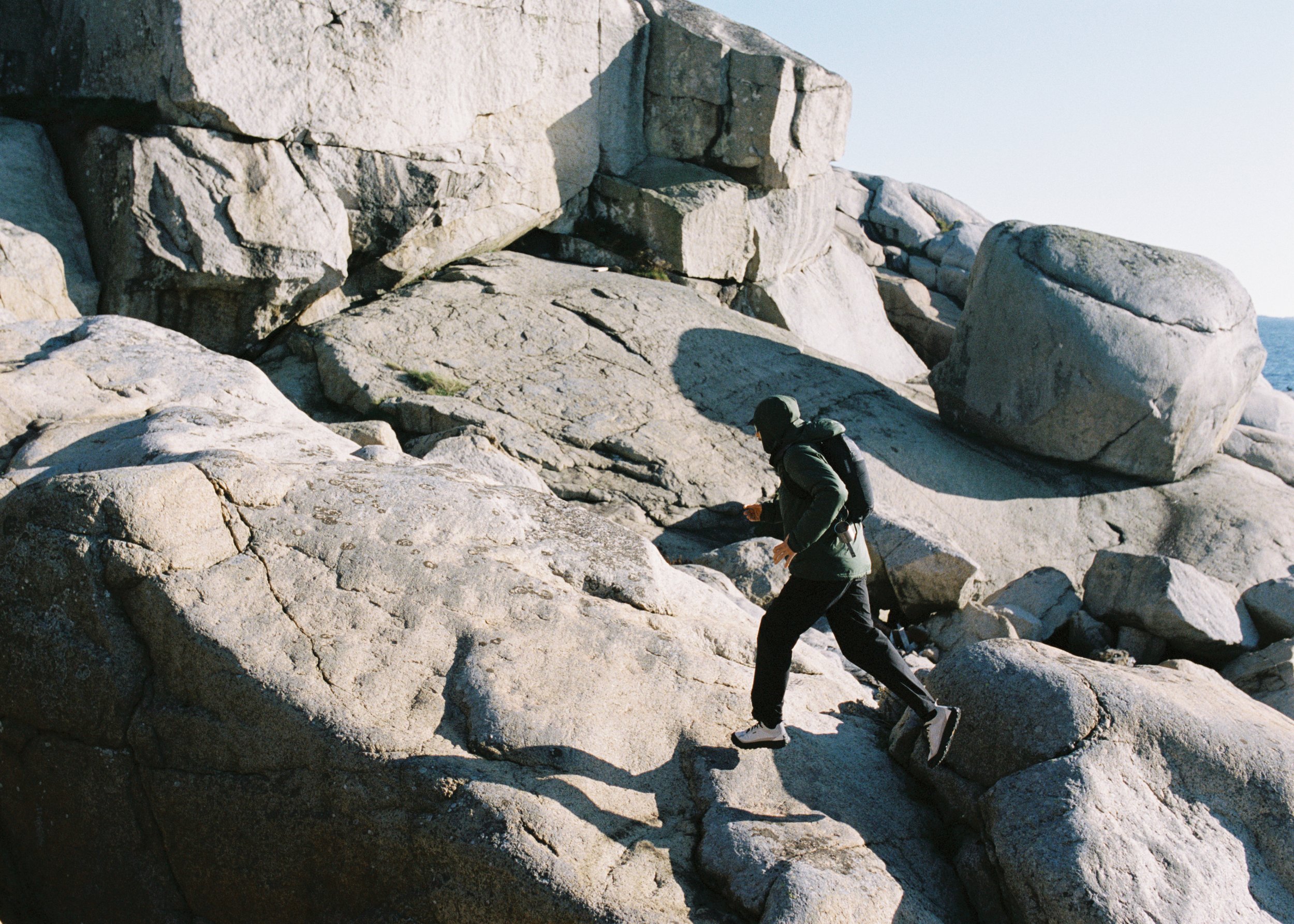Runner Chronicles: Patrick Stangbye
The Runner Chronicles
Patrick Stangbye is a Norwegian ultrarunner known for his deep connection to nature, which has shaped his passion for trail running. Having participated in several prestigious events, he earned 17th place overall in the Kullamannen Ultra 100 miles, a testament to his endurance and dedication to the sport. Patrick is widely recognized for his mantra, "Live slow, stay fast," which guides him both on and off the trails. This mindset emphasizes focusing on what truly matters and eliminating distractions.
Patrick also values the balance between his athletic passion and well-being. He speaks candidly about the role alcohol plays in recovery, offering valuable insights into its effects on training and performance. By prioritizing sleep, nutrition, and proper recovery, Patrick shares how he successfully navigates the demands of being an athlete while maintaining a healthy social life. His approach reflects a holistic view of performance that goes beyond just training, emphasizing the importance of mental and physical balance. This edition of Runner Chronicles brings fresh insights that every runner can learn from, offering valuable lessons on these topics.
Could you introduce yourself?
Ran my first marathon in the fall of 2016 as a recreational runner. Had little structure in my training, but would occasionally run for fun both on trails and in the city. I always enjoyed running as a kid, but was never encouraged to give it more of a serious go. After my first marathon I felt a great sense of achievement, but wanted to bring that to the mountain and forest, environments that were closer to my heart.
Running trails I quickly had a moderate level of success, at least for my level and considering my background. I started training with people who were better than me, and I did progress a lot, but not without challenges or setbacks as well.
What inspired you to start trail running, and how has it changed your perspective on running as a whole?
I touched on that a bit already. For me I enjoy all running, but trail running demands a different focus and presence and has more variety and scenery. I’m not sure it changed my perspective, but I’m more interested in competition and dynamics of the race than just a finish time.
"Live slow, stay fast" is a mantra you often mention. Can you share a moment when this mantra has guided you and explain its significance?
It’s about focusing on the important things, and try to filter out the rest where it’s possible. In order to perform in certain things you need to say no to the things that are not of great importance to you individually.
Living in Oslo, how would you describe the running scene there? What stands out to you about it?
I did not run growing up, and grew up outside of Oslo. When I moved back to the east coast and Oslo I was discovering the trails and community for the first time. The running scene and scenery is very diverse. Everything from casual new run groups to classic track clubs all the way to ultra-trail crowds and communities exist.
Let’s talk about recovery. You’ve shared your thoughts on the impact of alcohol on recovery and have personal experiences with this topic as well. Could you elaborate on the known effects of alcohol and why this is an important topic for runners?
Like with many things I think moderation is important. That said, alcohol is toxic to us in any volume and should be considered with a heavy training volume. Sleep quality really decreases with any alcohol consumption and makes it difficult for the body to recover from training. That’s why I personally do not think run groups and alcohol should be a weekly way to connect.
Do you have any advice for runners who are struggling to balance their passion for running with their social habits, particularly when it comes to alcohol?
You need to prioritize. It might sound harsh, but we all have a given capacity. You cannot just do it all and expect to feel well. Want to train more and progress ? Drink less. You want to socialize a lot and that includes alcohol? Skip the run the day after. That said, there are so many great nonalcoholic options today that you can have while being social, so it’s not about training and staying home.
Image by: Emil Sollie and Sture Nordhagen Gjermundsen
We admire the creativity you bring to your running. When do you feel most inspired, and how does this creative energy influence your performance as an athlete?
I do in general feel inspired through my curiosity. While I run alone, my thoughts are able to flow without distractions. There is a new path, and then another one, and another one. In terms of performance I’m just curious about my own limitations, but also how it feels to be in my body at a new level.
To wraps things up, what is the most valuable lesson you’d like to share with our readers about recovery?
Sleep and nutrition is very important. With proper sleep injuries will not arise as easily. The same goes for nutrition. Eat nutritious food, and then enough. If you train a lot I would not be very restrictive with food. Eat what you love, but make it from scratch with ingredients that are as close to their natural state as possible. That way you make sure you get what your body needs, and things it can process.




